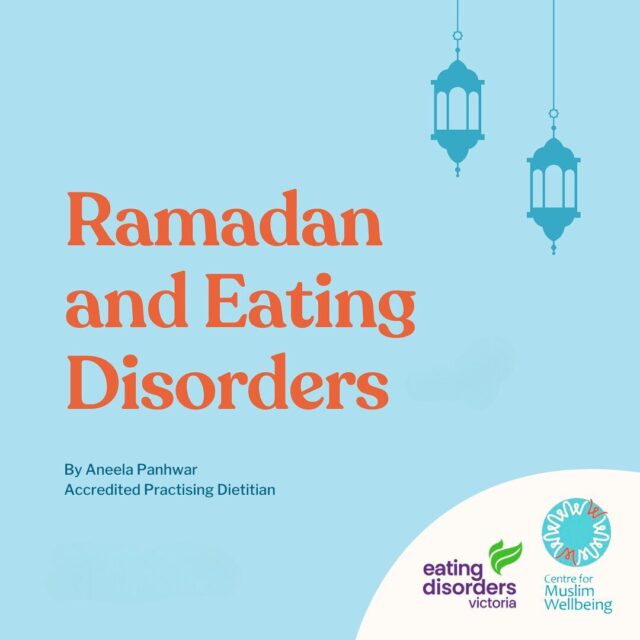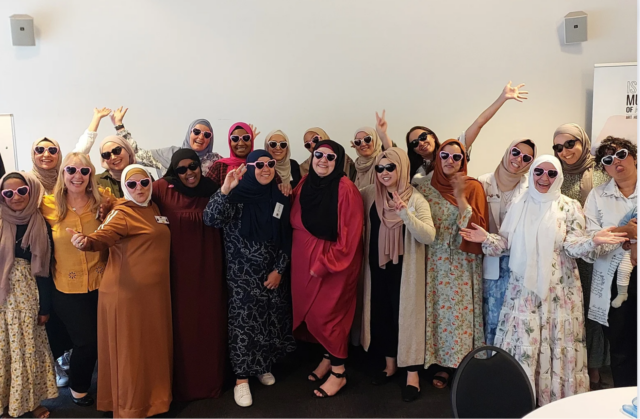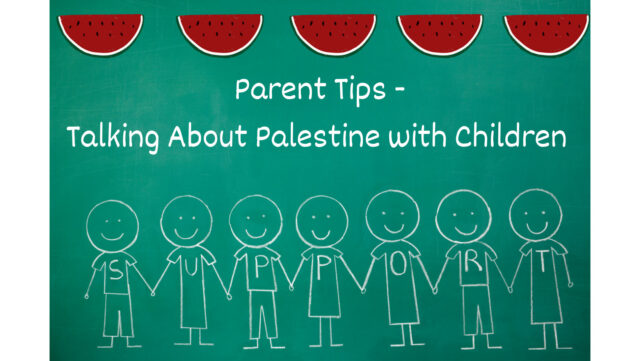“Trauma can be an all-consuming experience that can leave a person feeling lost and alone, struggling to navigate their emotional well-being. Whether it’s the aftermath of a natural disaster, the sudden loss of a loved one, past abuse, or growing up with emotionally unavailable parents, trauma can deeply impact our lives, in turn shaping our relationships, emotional health, and even our parenting styles.
Attachment theory is a powerful framework for understanding how trauma can shape our lives. It provides an explanation around how our early experiences with our caregivers (i.e., parents) may influence our attachment styles and impact our future relationships. For example, a secure attachment style is developed when a caregiver is consistently responsive, attuned, and nurturing. However, when a child experiences neglect, abuse, or other forms of trauma in early childhood, they may develop insecure attachment styles, such as anxious or avoidant attachment, which can then make it difficult to form and maintain relationships with others.
Our past experiences of trauma can manifest in various ways in our relationships. Take for instance, Sarah. Sarah grew up in a household where her parents were emotionally distant and very strict. Her parents had a hard time expressing emotions and connecting with her, which made her feel alone and isolated. Even as a young child, Sarah could feel the emotional distance between herself and her parents. They hardly ever hugged her, or even expressed love for her in any way. Her parents believed that being strict would keep her safe and focused. Unfortunately, it only led to Sarah feeling disconnected from them, and ultimately, unable to form close relationships with others. As Sarah grew up, she found herself constantly worrying about being rejected or abandoned in her relationships. Her relationships were turbulent, and she would either cling too tightly to her partner or push him away, creating a cycle of emotional distance and mistrust.
In this example, Sarah developed an anxious attachment style. Alternatively, someone might also develop an avoidant attachment style where they may have difficulty being open emotionally or being vulnerable with their partner. They may value their independence and autonomy above all else and avoid getting too close.
Unresolved trauma from our upbringing can also influence the way we parent, interact, and relate to our children. In Sarah’s case, when she became a mother, she found it difficult to connect with her children. She was always worried that they would be too clingy, or not independent enough. She would often lash out at them, unable to provide emotional support, or be overprotective, leading to attachment insecurity and anxiety in her children.
So, we can see in the above example, how our past experiences of trauma during our upbringing can influence our relationships and parenting, extending way beyond just the immediate family, and in turn creating a cycle of generational trauma. This is because children who grow up in households with unresolved trauma are more likely to develop attachment insecurity, anxiety, or depression, passing on their own experiences unconsciously into their own relationships and children.
Healing from past traumas can be complex and challenging, requiring patience, commitment, and a willingness to be vulnerable. However, doing so may lead to increased self-awareness, personal growth, and more fulfilling relationships. In Sarah’s case, she was able to work through her trauma in therapy, where she could confront her past traumas, develop healthy coping strategies, as well as explore how her past experiences had influenced her attachment style and the way she relates to those around her.
It is important to acknowledge that working through our past trauma is a roller coaster journey that will take time. Instead of approaching the process with criticality towards yourself, approach it with self-compassion, being kind to yourself, and taking time to reflect on your experiences. Remember, that there is hope and healing is possible, you don’t have to go through it alone.”
About the author:
Ghada El Zohbi is a registered Psychologist and a Clinical Psychology Registrar with the Australian Health Practitioner Regulation Agency (AHPRA). Ghada also holds membership with the Australian Psychological Society (APS) and the Victorian Psychologists Association (VPA).
Ghada has a broad range of experience working with clients from diverse backgrounds and lifespans. She is passionate about working with women from a culturally sensitive, trauma-informed, and person-centred approach. Ghada has worked in various mental health roles across public inpatient, community, and forensic settings. You can contact Ghada here: https://northsidewomenswellbeinghub.com.au







